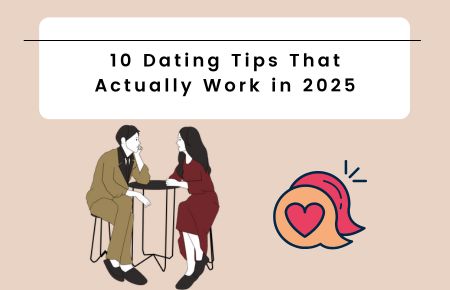Lots of people in the United States have had cold sores before. Emily Johnston, who works as a dermatology physician assistant in Austin, Texas, says, “These outbreaks can be really bad and make it hard to do everyday things.” It’s important to know what cold sores look like and what causes them so we can stop them from spreading more and know how to treat them right.
What is a Cold Sore?
Many people in the United States have experienced cold sores at some point in their life. Emily Johnston, who works as a dermatology physician assistant at Sanova Dermatology in Austin, Texas, says, “These outbreaks can be severe and affect daily activities.” It’s important to understand what cold sores look like and what causes them, to prevent them from spreading further and to know how to treat them properly.
What is a Cold Sore? A cold sore is a viral infection that initially appears as blisters on the lips or inside the mouth, including the tongue. These blisters often cluster on a red base and can be very painful. Eventually, they open, break down the skin, and form ulcers, which then crust over.
Outbreaks can last up to 14 days until fully healed. Initial cold sore outbreaks may be accompanied by fever and swollen lymph nodes in the neck. Subsequent outbreaks are often preceded by numbness, tingling, and pain at the outbreak site before any visible signs appear on the skin. The number and severity of outbreaks can vary from person to person.
What Causes Them? “Cold sores, also known as herpes labialis, are caused by the herpes simplex virus,” explains Johnston. There are two main types of herpes virus: type I (HSV-1) and type II (HSV-2). HSV-1 commonly causes cold sore outbreaks on the lips and mouth. Both viruses are contagious. HSV-1 is usually transmitted through direct contact with an infected person’s mouth or saliva, often occurring during childhood or young adulthood through activities like kissing or sharing utensils.
“Some other conditions, including skin cancer, can also produce lesions similar to cold sores, so it’s important to have them checked to ensure they’re not a health risk,” Johnston advises.
How Can I Treat Cold Sores?
While there isn’t a cure for cold sores (herpes labialis), there are treatments that can help reduce the duration and severity of outbreaks. “Antiviral medications can be taken as a pill or applied as a cream at the first sign of an outbreak,” says Johnston. If outbreaks happen often, daily antiviral therapy can help decrease their frequency.
A big thank you for exploring MHNRC.ORG Your visit means a lot to us, and we’re grateful for your time on our platform. If you have any feedback or suggestions, we’d love to hear them. Looking for


